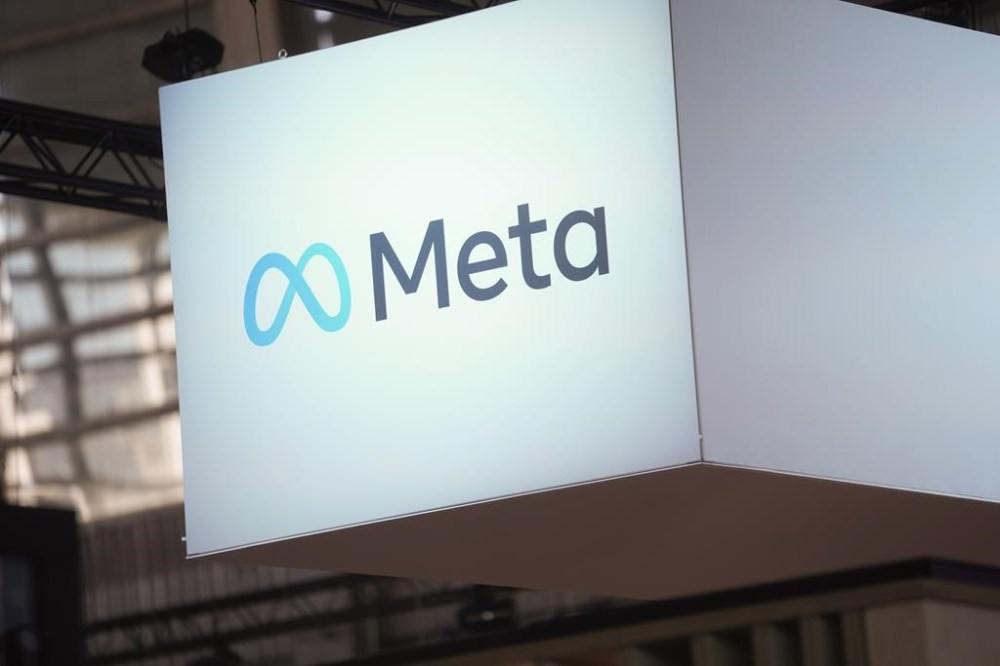Facebook parent Meta sues the FTC claiming ‘unconstitutional authority’ in child privacy case
Advertisement
Read this article for free:
or
Already have an account? Log in here »
To continue reading, please subscribe:
Monthly Digital Subscription
$0 for the first 4 weeks*
- Enjoy unlimited reading on winnipegfreepress.com
- Read the E-Edition, our digital replica newspaper
- Access News Break, our award-winning app
- Play interactive puzzles
*No charge for 4 weeks then price increases to the regular rate of $19.00 plus GST every four weeks. Offer available to new and qualified returning subscribers only. Cancel any time.
Monthly Digital Subscription
$4.75/week*
- Enjoy unlimited reading on winnipegfreepress.com
- Read the E-Edition, our digital replica newspaper
- Access News Break, our award-winning app
- Play interactive puzzles
*Billed as $19 plus GST every four weeks. Cancel any time.
To continue reading, please subscribe:
Add Free Press access to your Brandon Sun subscription for only an additional
$1 for the first 4 weeks*
*Your next subscription payment will increase by $1.00 and you will be charged $16.99 plus GST for four weeks. After four weeks, your payment will increase to $23.99 plus GST every four weeks.
Read unlimited articles for free today:
or
Already have an account? Log in here »
Hey there, time traveller!
This article was published 30/11/2023 (745 days ago), so information in it may no longer be current.
MENLO PARK, Calif. (AP) — The parent company of Instagram and Facebook has sued the Federal Trade Commission in an attempt to stop the agency from reopening a 2020 privacy settlement with the company that would prohibit it from profiting from data it collects on users under 18.
In a lawsuit filed late Wednesday in federal court in Washington, D.C., Meta Platforms Inc. said it is challenging “the structurally unconstitutional authority exercised by the FTC” in reopening the privacy agreement.
“Meta respectfully requests that this Court declare that certain fundamental aspects of the Commission’s structure violate the U.S. Constitution, and that these violations render unlawful the FTC Proceeding against Meta,” the company says in its complaint.

The dispute stems from a 2020 consent agreement Meta made with the FTC that also had the social media giant pay a record $5 billion fine over privacy violations.
In May of this year, the FTC said Meta has failed to fully comply with the 2020 settlement and proposed sweeping changes to the agreement that includes barring Meta from making money from data it collects on minors. This would include data collected through its virtual-reality products.
The FTC had no comment on the lawsuit.
Meta’s complaint came after the U.S. Supreme Court’s conservative majority on Wednesday seemed open to a challenge to how the Securities and Exchange Commission fights fraud in a case that could have far-reaching effects on other regulatory agencies.
A majority of the nine-member court suggested that people accused of fraud by the SEC should have the right to have their cases decided by a jury in federal court, instead of by the SEC’s in-house administrative law judges, echoing elements of Meta’s lawsuit.
U.S. Sen. Edward Markey, a frequent critic of Meta and other Big Tech companies, called Meta’s lawsuit a “weak attempt to avoid accountability.”
“In the face of a potentially massive fine, Meta’s adoption of extreme, right-wing legal theories to challenge our country’s premier consumer protection agency reeks of desperation,” Markey, a Massachusetts Democrat, said in a statement.

